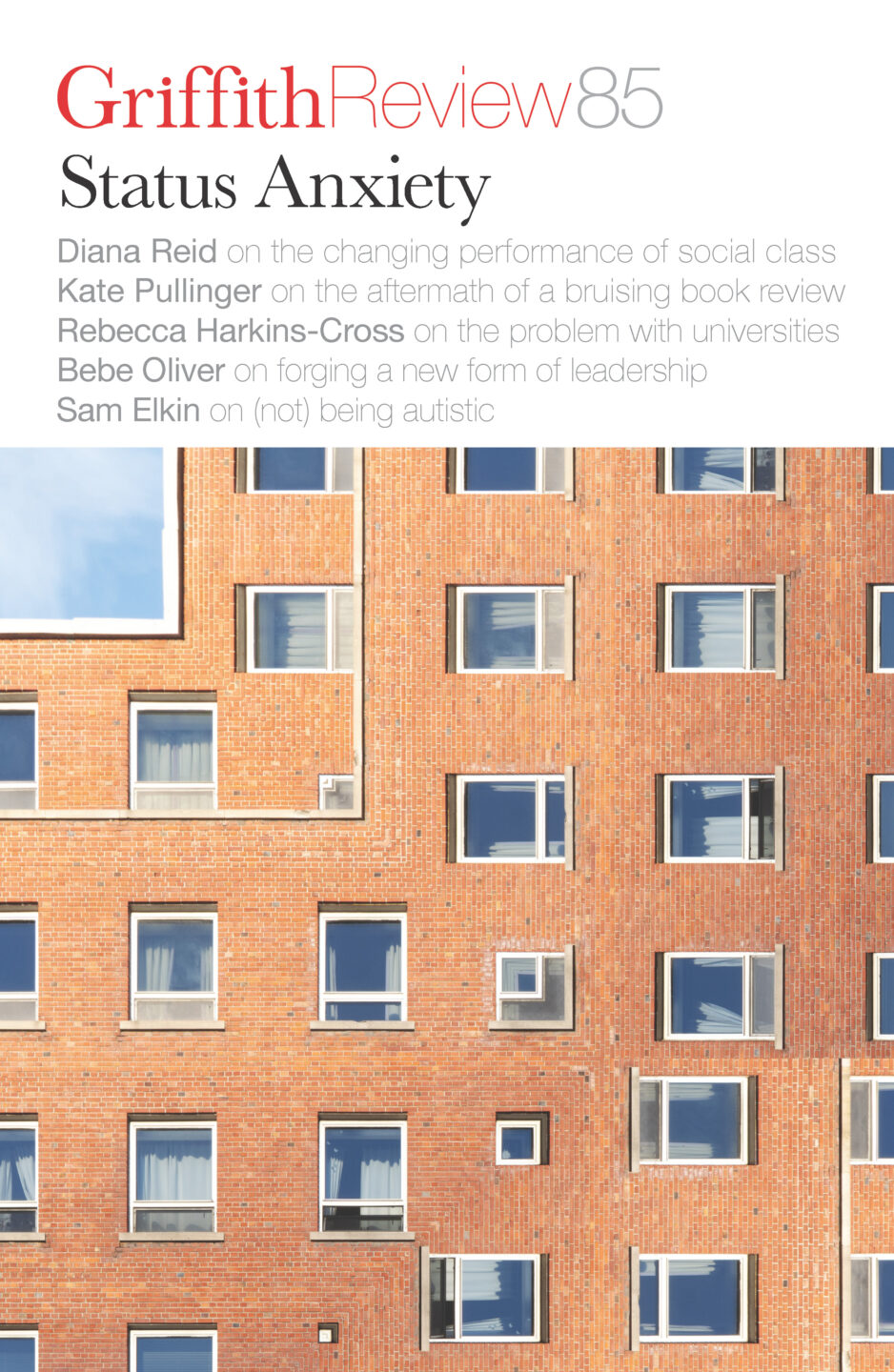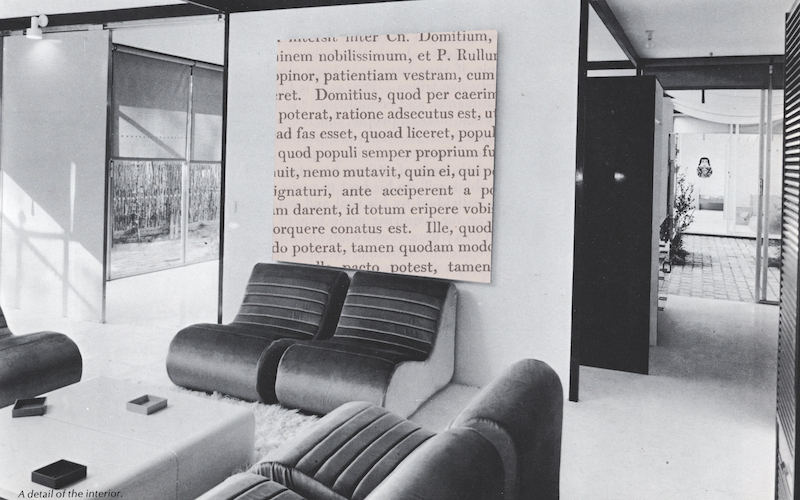Featured in

- Published 20240806
- ISBN: 978-1-922212-98-6
- Extent: 216pp
- Paperback, ePUB, PDF


Already a subscriber? Sign in here
If you are an educator or student wishing to access content for study purposes please contact us at griffithreview@griffith.edu.au
Share article
About the author

Shahar Hameiri
Shahar Hameiri is Professor of International Politics and Australian Research Council Future Fellow in the School of Political Science and International Studies, University of...
More from this edition

Put your house in order
In Conversation Poet, performer and musician Pascalle Burton has always been compelled by the visual possibilities of language and the imaginative dynamism of collage. Her multimodal...

Drowning in a puddle
Non-fictionThe thought of being accepted is terrifying when you’re so used to not being accepted. You expect the worst because the worst is what you’ve become accustomed to. The people in that meet-up group will become your closest friends for the next year. You’ll come to understand that they worry about the same silly little things you do. But those silly little things aren’t so silly and they’re not so little. We just designate them as such because that’s how we’ve been taught by some of the people around us – who expect us to behave in the exact same way they do. But life just doesn’t work like that. Different experiences create different strengths and weaknesses in all of us.

High life
FictionWe’ve just finished one of the longest and hardest shifts of the year, and we are too tired to leave the building. It’s Christmas Eve, a 35-degree night, and we survived three dinner seatings while being two people down. We also all worked a double, and our staff meal was the butt ends of bread choked down with blood-temperature water while polishing cutlery. Every single person we served was tired, stressed, sick of spending money and not looking forward to seeing their in-laws. They also all wanted dressing on the side, no garlic and everything gluten free, but to also have multiple serves of the pasta of the day.